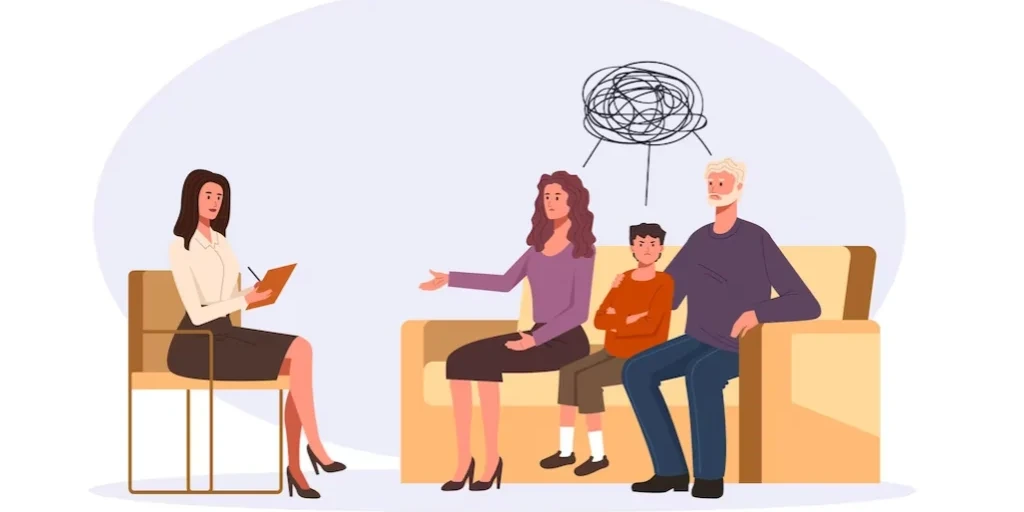24/7 Helpline:
(866) 899-221924/7 Helpline:
(866) 899-2219
Learn more about Eating Disorder Treatment centers in Murray County

Other Insurance Options

Optum

Sutter

WellPoint

Sliding scale payment assistance

Health Choice

Multiplan

Molina Healthcare
Beacon

Group Health Incorporated

CareFirst

Kaiser Permanente

Regence

Excellus

BlueCross

Highmark

Anthem

BlueShield

Medical Mutual of Ohio

Absolute Total Care

Magellan Health

















